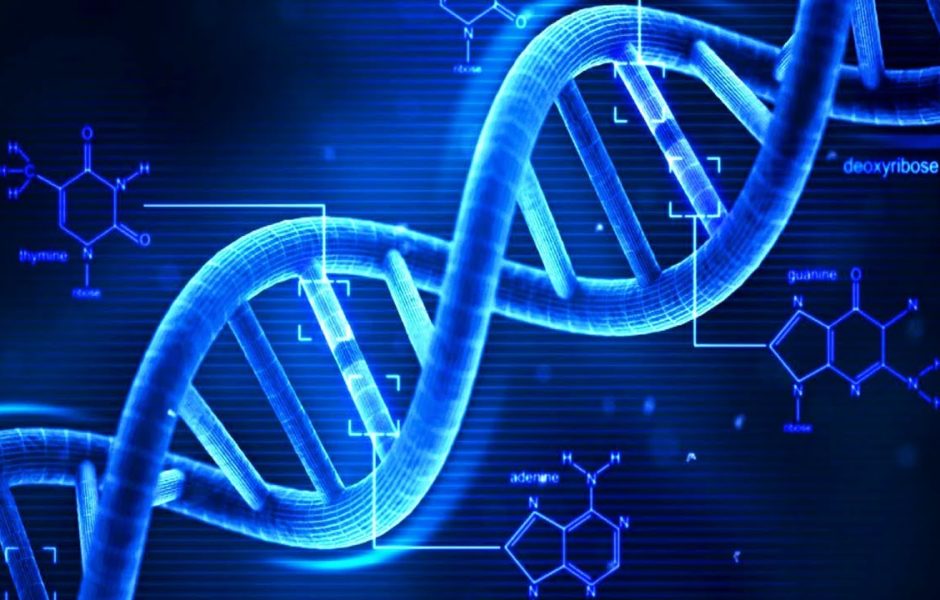If mankind could change the genes of any organism at will, then medicine and health would be completely transformed—and life as we know it would change completely. That day is here, with the development of CRISPR, a breathtaking new gene editing technology.
CRISPR (an acronym for a long-named DNA pattern that’s the basis of the technique) now enables scientists to precisely make intentional changes in the genome of any organism, at a very affordable price. Because gene editing used to be inaccurate and expensive, its use was limited. Now, CRISPR has already been used to make genetic changes in plants, a wide variety of animals including pigs, mice, and monkeys, and even in humans.
It has enabled the creation of plants that resist pests without pesticides or chemicals, super-muscular farm animals that provide much more meat, mosquitoes that cannot transmit malaria–and possibly even pigs that can grow human-like organs to address the huge shortage in organs for transplant.
CRISPR has already saved human lives by curing fatal cancer that was thought incurable. The 2 children who were cured with CRISPR based therapy when all else failed are doing well now a year later.
Scientists have edited out mutations that cause blindness, made cells resistant to HIV, cured muscular dystrophy in mice, and created wheat strains resistant to common diseases. CRISPR has led to stunning advances in biology and medicine, and we may one day be able to correct the thousands of genetic diseases in suffering adults, children, or even before a baby is born. The applications are limitless.
Now you might ask — Is this the same as GMO?
This is where the situation becomes complicated. Foods made with GMO (genetically modified organisms) have DNA from a different species inserted into the species being modified. For example, AquaAdvantage GMO Salmon (widely boycotted) have genes inserted from a different fish and grow 3 times as fast as regular salmon. However they have genes that would never combine on their own in nature, and are sterile because of their unnatural genetic structure.
In contrast, selective breeding, which has been done by farmers for centuries, refers to choosing and breeding naturally occurring variants to promote favorable traits. In essence, CRISPR hugely speeds up the process of selective breeding, resulting in variants that nature could have produced much more slowly. The end result is an organism that could have developed on its own in nature. This is why I’m not opposed to CRISPR while I have concerns about GMO foods.
While it has the potential to improve life and society in innumerable ways, this incredible technology carries risks as well. It must be studied much more in depth, and the biological and ethical implications of its use in different settings must be explored. Like any breakthrough technology, we need to be conscious of its amazing power but also able to make responsible decisions about its use going forward. We should all be involved in the discussion. What do you think?



